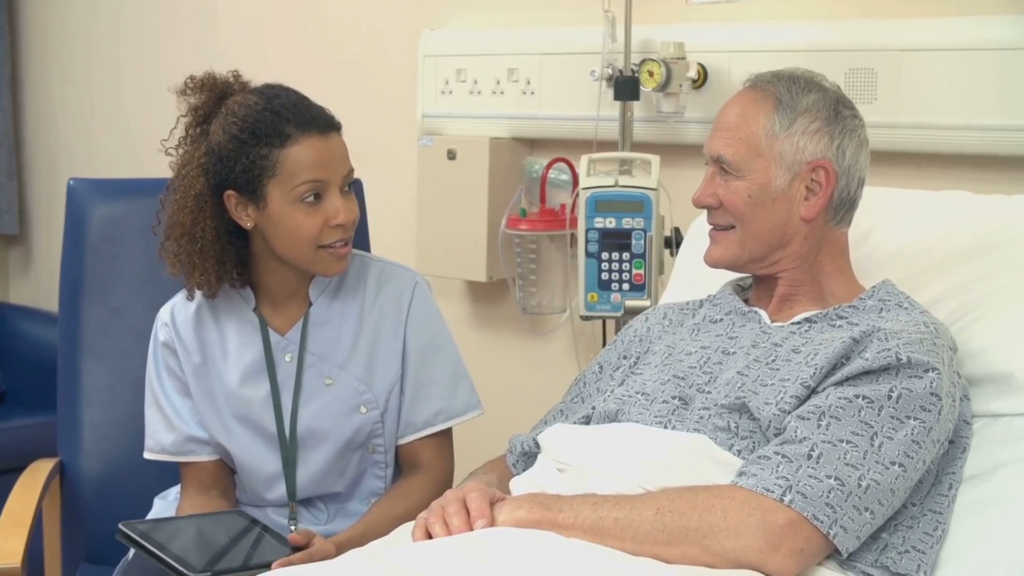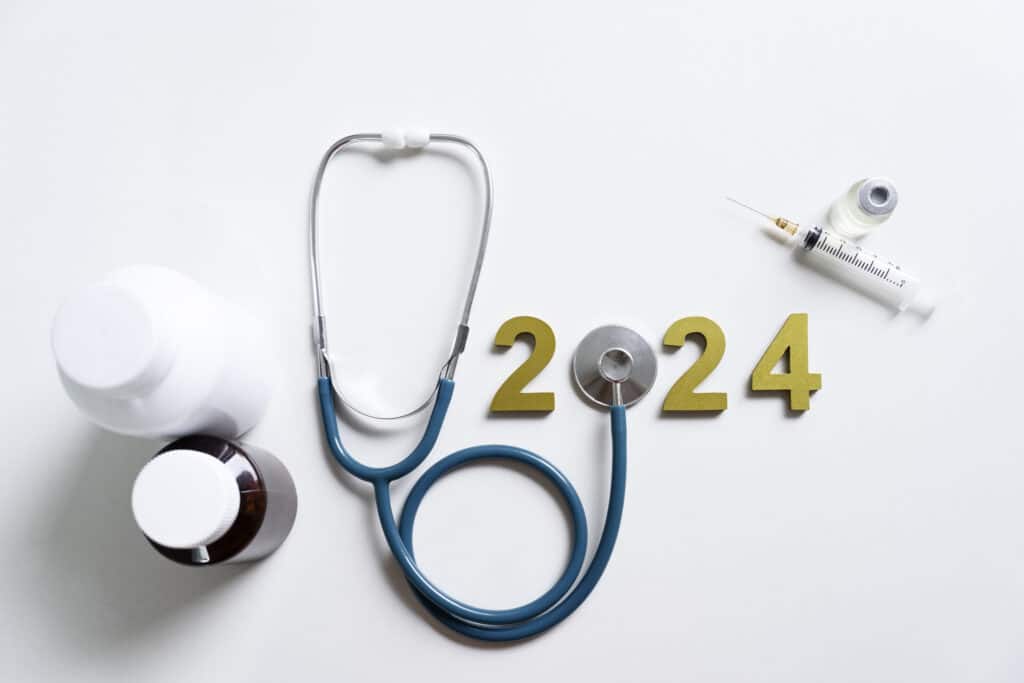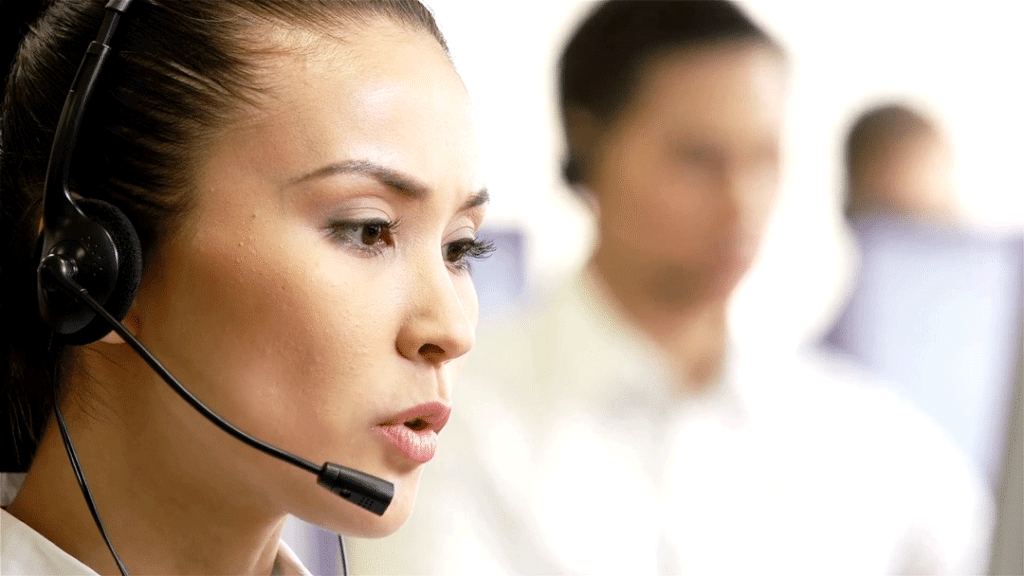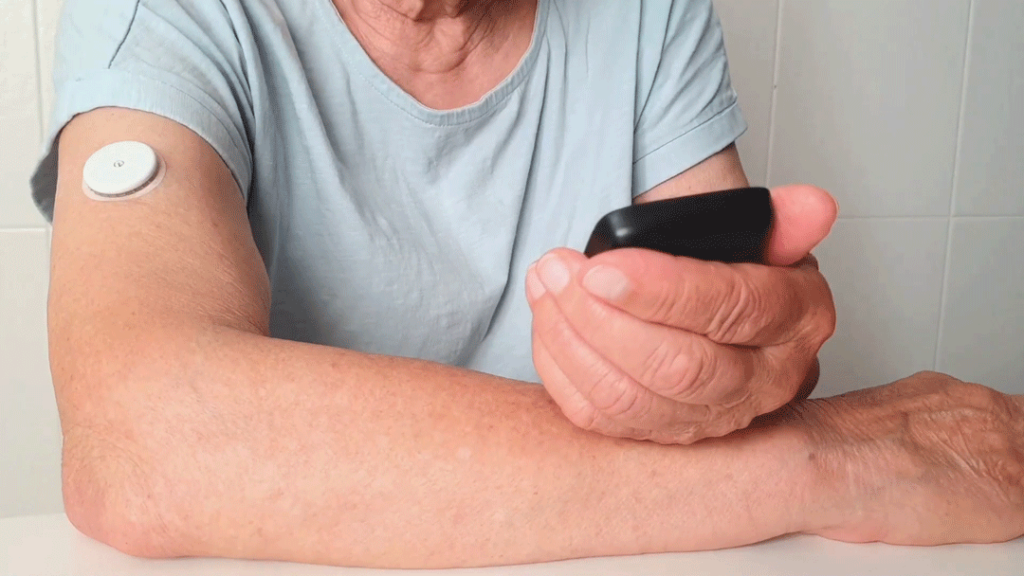
Real-Life Benefits of TriageLogic’s Triage Software
Do you find that delivering timely and effective care while managing your practice’s internal resources can be a challenge? Our nurse triage software, myTriageChecklist (MTC), offers a powerful solution designed to enhance patient engagement and standardize practice operations. Learn more about nurse triage software benefits, real-life successes, and the reasons why MTC is such a valuable tool. https://www.youtube.com/watch?v=rn2ZvMV72uw What Is MyTriageChecklist? MTC leverages the latest Schmitt-Thompson protocols to help telephone triage nurses quickly assess patient symptoms, provide appropriate care recommendations, and document all interactions thoroughly.

Transforming Patient Care With TriageLogic
If you want to provide timely and effective patient care — especially when addressing medical concerns outside of regular office hours — then you need additional nurse triage services. Our Nurse Triage On Call (NTOC) solution is perfect for medical call center managers who are focused on getting their patients the help that they need at any time of the day. By partnering with us, your healthcare organization can educate your patients on their symptoms, advise them on the appropriate care, improve health outcomes, and

Letter From the CEO: Introducing TriageIntelligence™ and TriageLogic’s Updated Nurse Triage Handbook
As we usher in the new year, I am thrilled to share our organization’s significant advancements in telehealth triage, thanks to data-driven insights and innovative technology. Together, these efforts continue to improve the tools and services we provide to enhance patient care and practice efficiency. TriageIntelligence: Revolutionizing Patient Care Management In 2024, we proudly launched TriageIntelligence™, a comprehensive platform that integrates expert medical oversight with AI and machine learning technology. This robust solution empowers healthcare providers with real-time insights, automated decision-making, and proactive care interventions,

Reflections on 2024: Advancing Telehealth Triage With Tools and AI
As we enter the new year, we’d like to take a moment to reflect on the milestones we’ve achieved, and express our gratitude to our clients, partners, and dedicated team members. 2024 has been pivotal for advancing telehealth triage, marked by significant strides in Nurse Triage On Call, MedMessage Assist™ (MMA), and remote patient monitoring (RPM). These advancements have strengthened our commitment to improving patient care, enhancing practice efficiency, and addressing changes in the healthcare landscape. Advancing Nurse Triage On Call Services Our experienced registered

Improving Patient Outcomes With Medical Answering Services
Medical answering services are vital to patient care. Healthcare needs are growing in complexity, which require efficient communication between patients and providers to be resolved. As a nurse call center manager, refining your medical answering services and leveraging advanced tools like TriageLogic’s MedMessage Assist™ can help you enhance patient satisfaction, reduce errors in documentation, and ensure timely medical response. https://youtu.be/Rjywes7N1Ko The Role of Medical Answering Services in Patient Care You already know how medical answering services act as a bridge between your patients and their

Success Stories: Transforming Patient Care With TriageLogic’s Remote Patient Monitoring
As a call center manager, it can be difficult to ensure that patients receive timely and effective care while juggling staff capacity. Remote patient monitoring (RPM) is a powerful system that can help you overcome these challenges by allowing early interventions and reducing the burden of in-office visits. If your practice is considering RPM, here’s how TriageLogic’s turnkey solution can transform your operations. https://youtu.be/D8OLFQBN0Mw What Is Remote Patient Monitoring? Remote patient monitoring collects real-time health data from patients like blood pressure, glucose levels, and oxygen

TriageLogic Celebrates CEO Charu Raheja’s Second Year in the Florida 500
Please join us in congratulating our founder and CEO, Charu Raheja, Ph.D., for being featured in this year’s prestigious Florida 500. This publication celebrates Florida’s most influential business leaders across multiple industries, and Raheja’s inclusion highlights her remarkable contributions to healthcare innovation and leadership. Transforming Healthcare Through Vision and Perseverance Over the past 16 years, Raheja has led TriageLogic to success in the areas of telehealth nurse triage and remote patient monitoring (RPM). These services empower healthcare organizations to provide efficient, high-quality patient care while

Addressing Data Security in Triage Software
Safeguarding your patient data is paramount in today’s healthcare landscape. This includes addressing data security in triage software. Hospital administrators must ensure that any system handling sensitive medical information will meet stringent data security standards. TriageLogic’s myTriageChecklist™ (MTC) is one such solution that combines efficient triage capabilities with robust data protection. https://youtu.be/kVV22uuSuiQ The Imperative of Data Security in Triage Software Triage software serves as a central hub for managing patient interactions, symptoms, and care recommendations. Consequently, it processes extensive personal health information (PHI). A breach

Key Features to Look for in Outsourced Nurse Triage Support
Nurse triage has become a strategic solution that healthcare providers can use to offer reliable medical guidance, both during and after traditional office hours. If your practice is unable to maintain this service in-house, we highly recommend outsourced nurse triage support. Understanding its key features and benefits will help you make an informed choice as to which triage provider will enhance your patient satisfaction, operational efficiency, and care quality. https://youtu.be/P3blh7J8xIk 1. 24/7 Access to Registered Nurses The best nurse triage support includes 24/7 phone coverage.

Health Trends in November: Balancing Wellness Through the Holiday Season
November marks the start of the holiday season, when family gatherings, food choices, disease management, and other health trends can affect our minds and bodies. Yet this time of year also brings unique opportunities for addressing these concerns and prioritizing well-being. Here are the most common ones to keep in mind. https://youtu.be/IIdZaZlzEA4 1. Health Trends: Respiratory Illness Prevention With colder weather and increased indoor gatherings, respiratory illnesses like the flu, COVID-19, and RSV become more common. Health organizations encourage vaccinations for protection, especially for those

How the Right Medical Answering Services Can Help Your Practice Reduce Wait Times
Healthcare providers like yours depend on efficient medical answering services. But have you seen instances where your nonclinical operators find it difficult to manage high call volumes, or to document all patient needs accurately for your nurses to triage? Incomplete symptom data and excessive wait times for nurse callbacks can affect patient trust, quality of care, and health outcomes. When not addressed, these issues can lead to patient churn, lost revenue, and practice liability. Let’s explore issues that could be affecting your nonclinical operators, and

The Benefits of Remote Patient Monitoring in Chronic Disease Management
Traditionally, chronic disease management involves scheduled patient visits and in-person checkups. Yet complications can often develop unnoticed in-between these appointments that can affect patient well-being and health care. Remote patient monitoring (RPM) is a powerful tool that your practice can use to solve this problem, especially when coupled with your call center. It allows for the continuous monitoring of patient vitals using wearable devices, and gives your nurses the ability to contact those patients and your providers when they see that symptoms are about to

